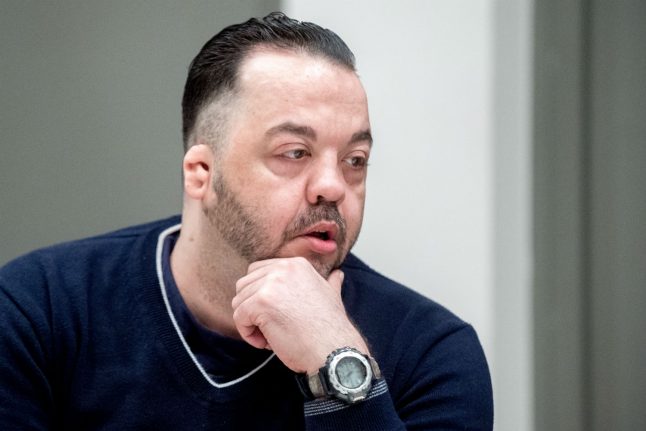Former nurse Niels Högel, 42, was convicted last week for killing patients chosen at random by lethal injection.
The murder spree of patients aged between 34 to 96 took place between 2000
and 2005 before he was finally caught in the act.
SEE ALSO: Missed chances: How Germany's killer nurse got away with 85 murders
“I can inform you that the defendant has now lodged an appeal,” Melanie
Bitter, a spokeswoman for the court in Oldenburg, said Tuesday without adding
further details.
Last Thursday's judgement brought the official number of victims to 91 as Högel had previously been convicted for six other murders.
Police suspect that Högel's final death toll may be more than 200.
However, it may never be known exactly how many people he killed because
many likely victims were cremated before autopsies could be performed, and
because of gaps in Högel's memory.
The court in Oldenburg had also dismissed a further 15 murder counts for
lack of evidence.
Driven by a desire to show off his skills in bringing patients back from the brink of death, Högel repeatedly gambled with the lives of vulnerable victims.
He was caught in 2005 while injecting an unprescribed medication into a patient in the north German city of Delmenhorst and sentenced in 2008 to seven years in prison for attempted murder.
A second trial followed in 2014-2015 under pressure from alleged victims' families and Högel was found guilty of murder and attempted murder of five other victims and given the maximum sentence of life.
In delivering his verdict, judge Sebastian Bührmann said Högel's crimes surpassed “human imagination”.
SEE ALSO: Germany's serial killer nurse handed life sentence for 85 murders



 Please whitelist us to continue reading.
Please whitelist us to continue reading.
Member comments